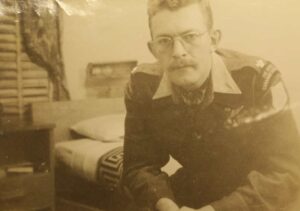
James Doig
Jim Doig was born on July 11, 1925 in Saint John, New Brunswick.
In 1943, at the age of 18, he enlisted in the Canadian Army as a private soldier. He qualified as a parachutist and was commissioned in 1945. He remained in the post-war regular army, serving in Korea with 3rd Battalion, Royal Canadian Regiment. Following the ceasefire in 1953, he continued to work in Korea as a member of the UN Military Armistice Commission operating in the Demilitarized zone. With the Commission, he attempted to resolve outstanding issues from the war such as the repatriation of the prisoners of war and negotiations to resolve outstanding issues from the conflict.
During his time in Korea and Japan, Jim compiled a scrapbook documenting his experiences. Please visit the website that is featured below to see some of his photographs and souvenirs.
Following his experiences in Korea, Jim returned to civilian life. Jim chose a career as a land surveyor and in 1958 he and Madeline Ellen West married and they made their home in Lawrencetown, Annapolis County, where they raised their daughter Mary. During this time, he commanded the West Nova Scotia Regiment (1960’s), retiring with the rank of Colonel and was later Militia Advisor for mainland Nova Scotia. After 10 years as survey instructor at the Nova Scotia Land Survey Institute (now the Centre for Geographic Sciences, NSCC), Jim became principal in 1968, retiring in 1986. Jim was also a long time member of Lawrencetown Branch No. 112, The Royal Canadian Legion.
The Royal Canadian Regiment Museum at Wolseley Barracks, London, Ontario
Jim kept a scrapbook during his time in Korea. In 2006, he sent the scrapbook to The Royal Canadian Regiment Museum and it is featured on their website.
The scrapbook includes many primary documents that Doig kept from his time in Korea.
Medals Awarded to James Doig
Pictures of James Doig
Speech delivered by Jim Doig, "Fifty Years On".
The following is an address, given by Jim Doig in 1994/1995 to the Royal Canadian Legion, Branch No 74 and Acadia University, regarding the history of, and his participation in, the Korean War. It was collected and edited by the late Robbins Elliott in the publication ‘Fifty Years On.’ Permission to share it in this format was given by Wendy Elliott.
Korean War - Key Events
June 27, 1950
The United Nations Security Council adopts Resolution 83, authorizing UN member states to provide military assistance to South Korea. The Soviets, who could have vetoed the resolution, are boycotting the proceedings because the Nationalist government on Taiwan still occupies China’s seat on the Security Council. Seoul falls the following day.
These events are taken from the Encyclopedia Britannica
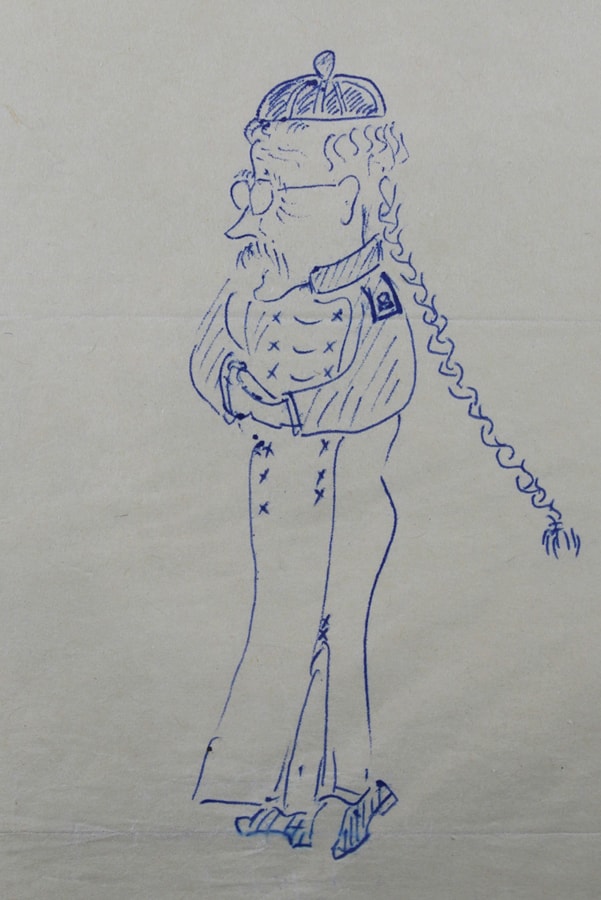
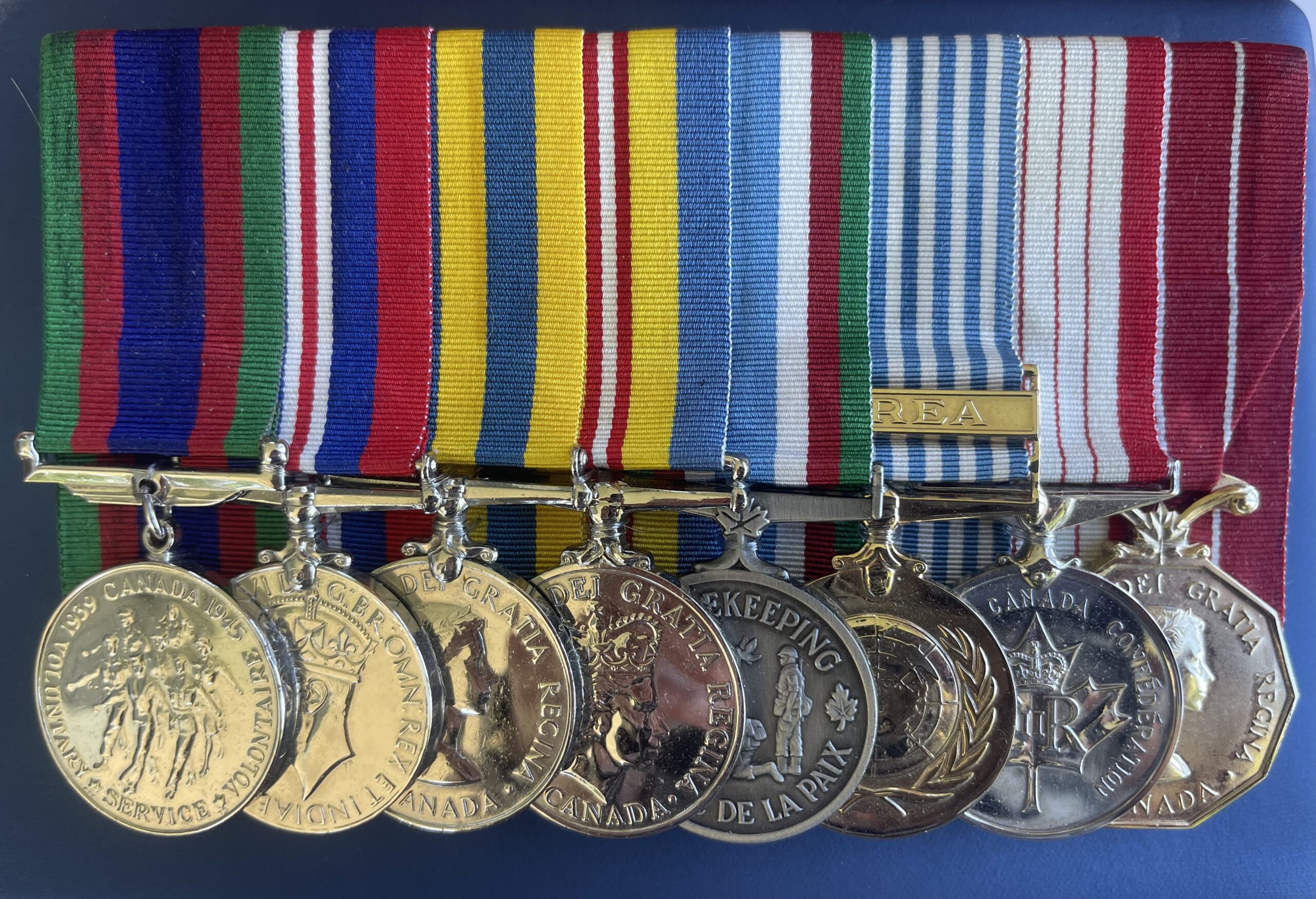
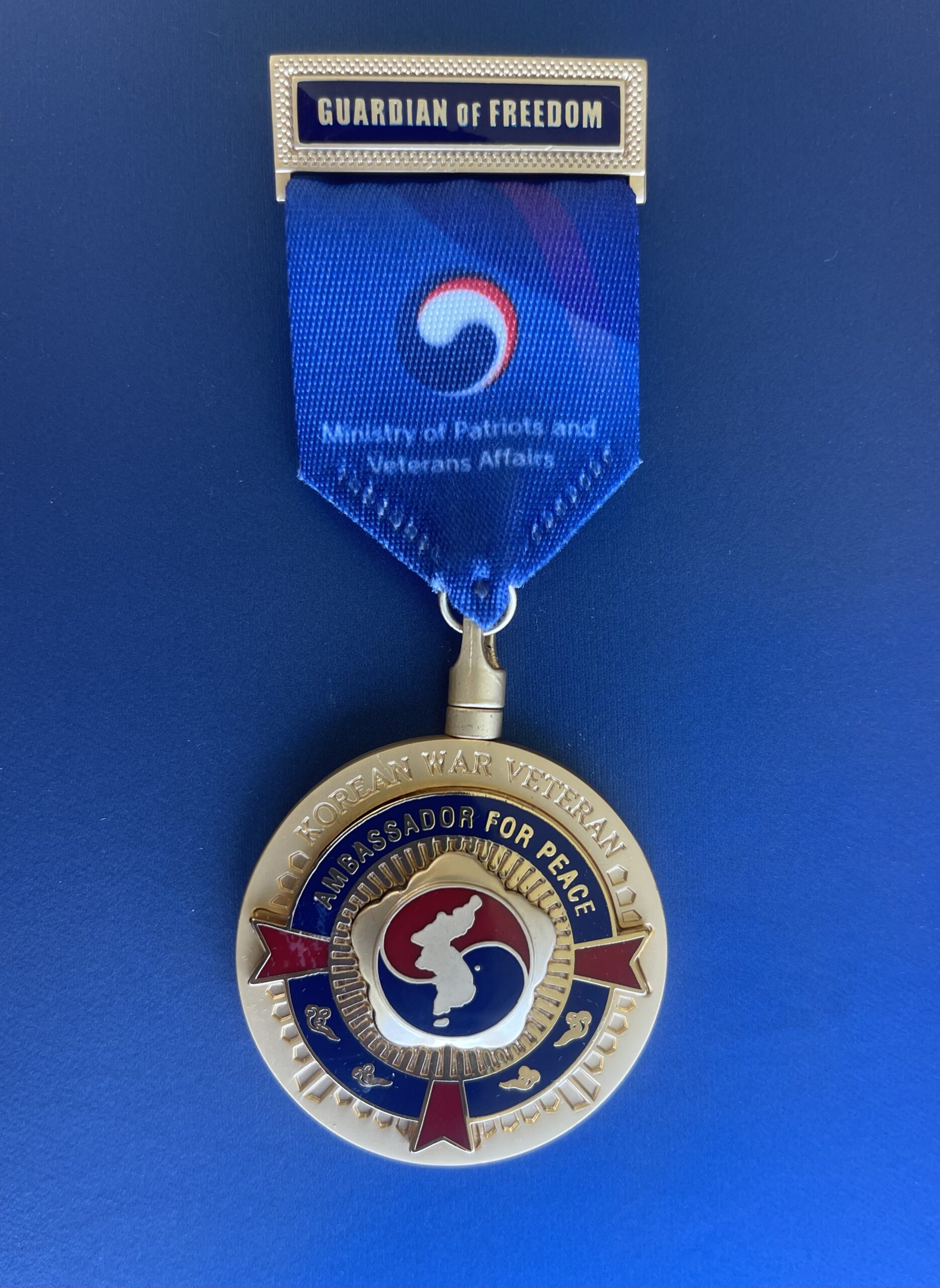
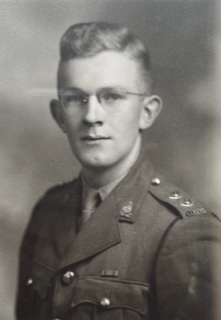
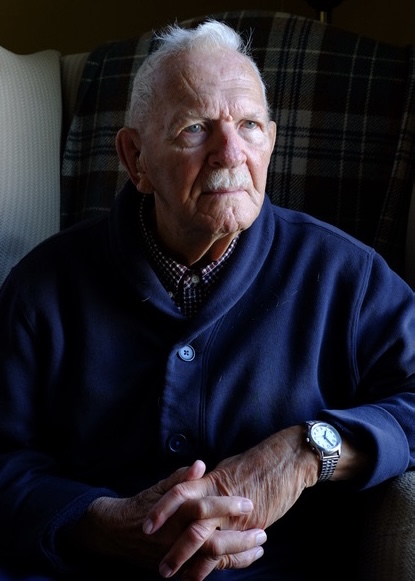
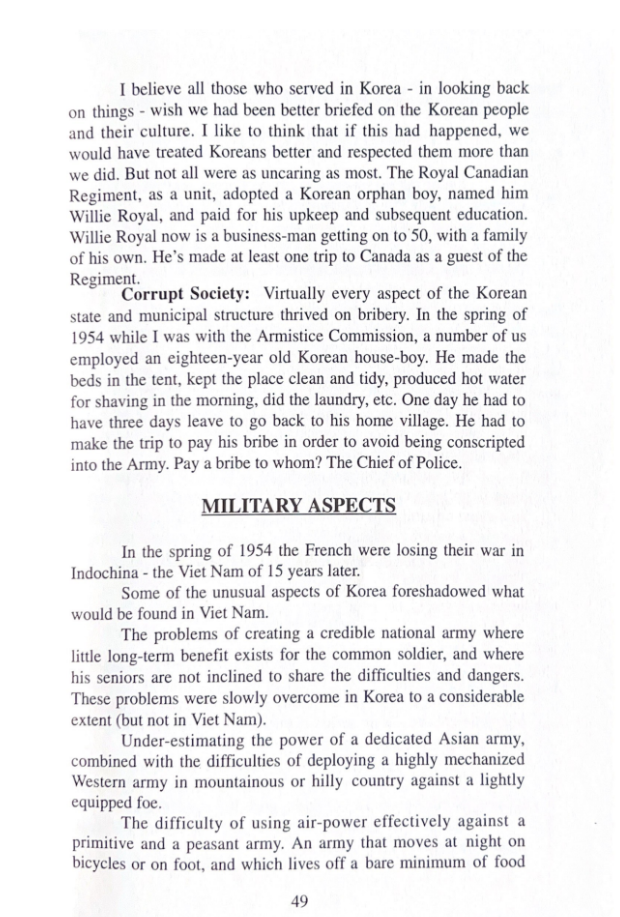
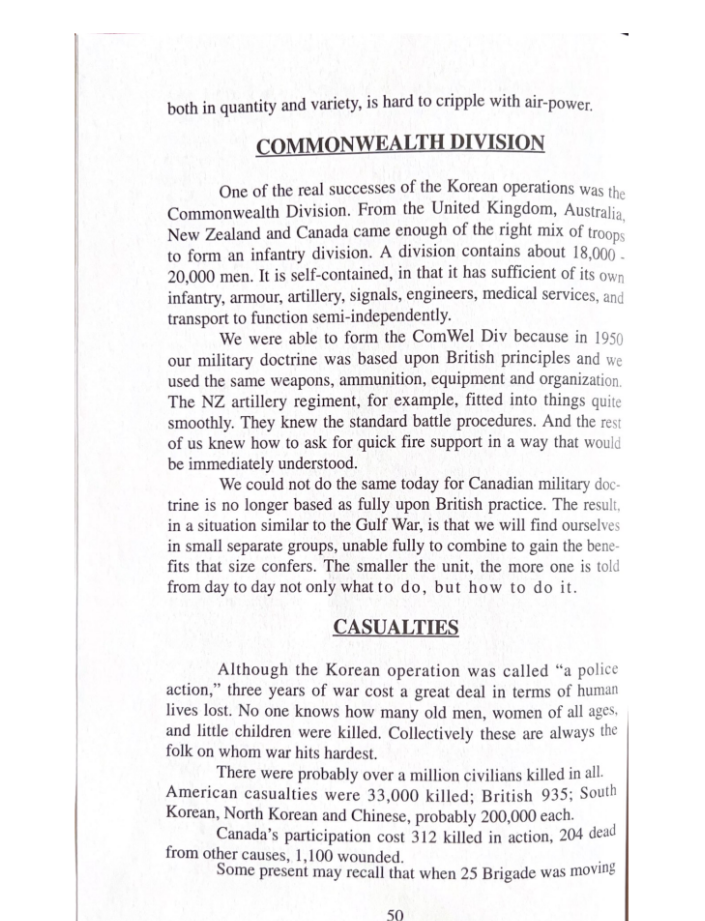
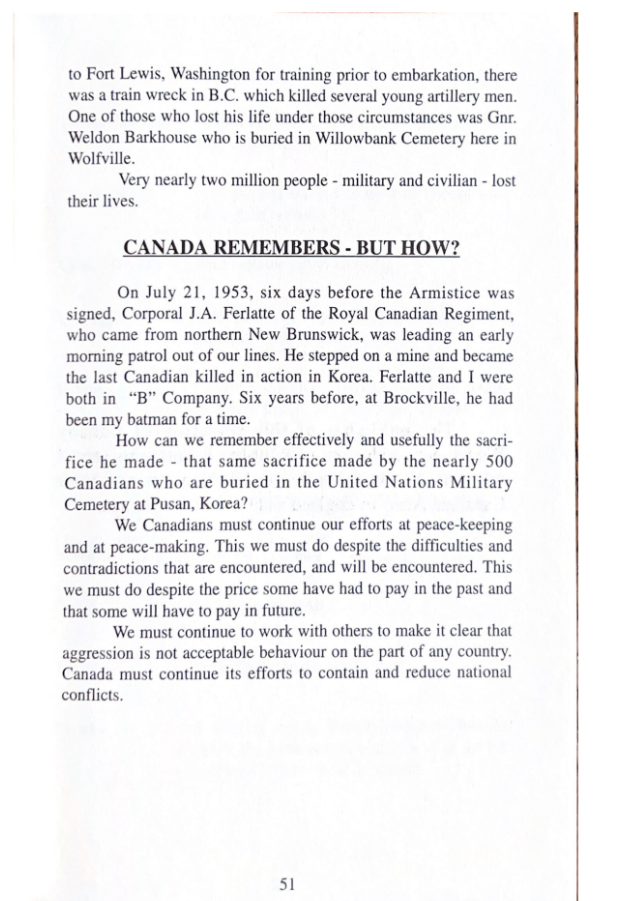
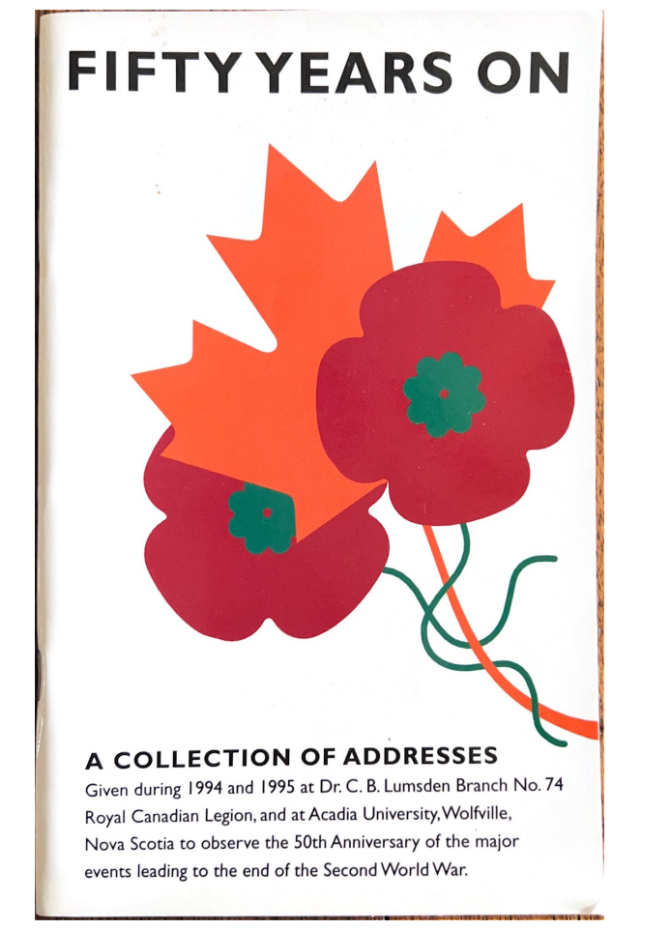
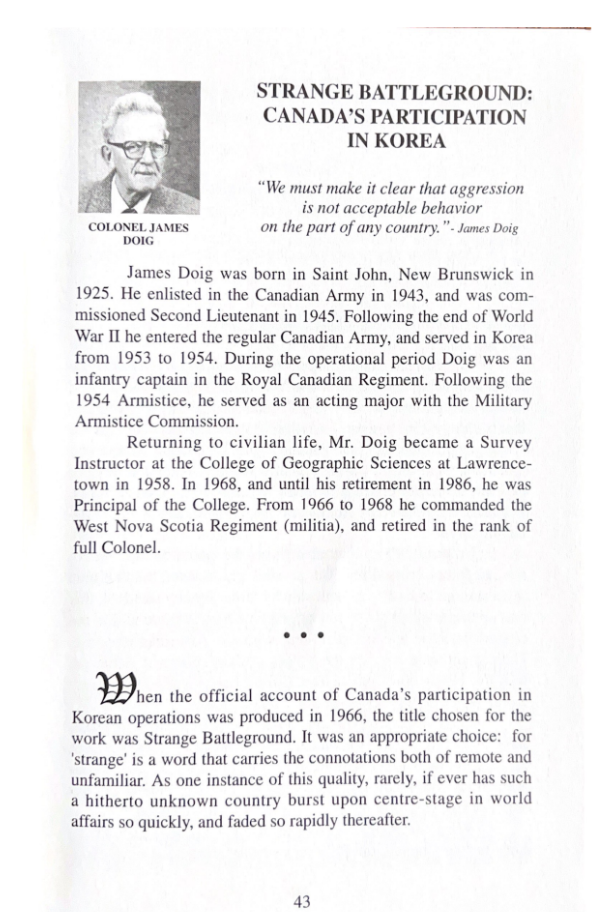
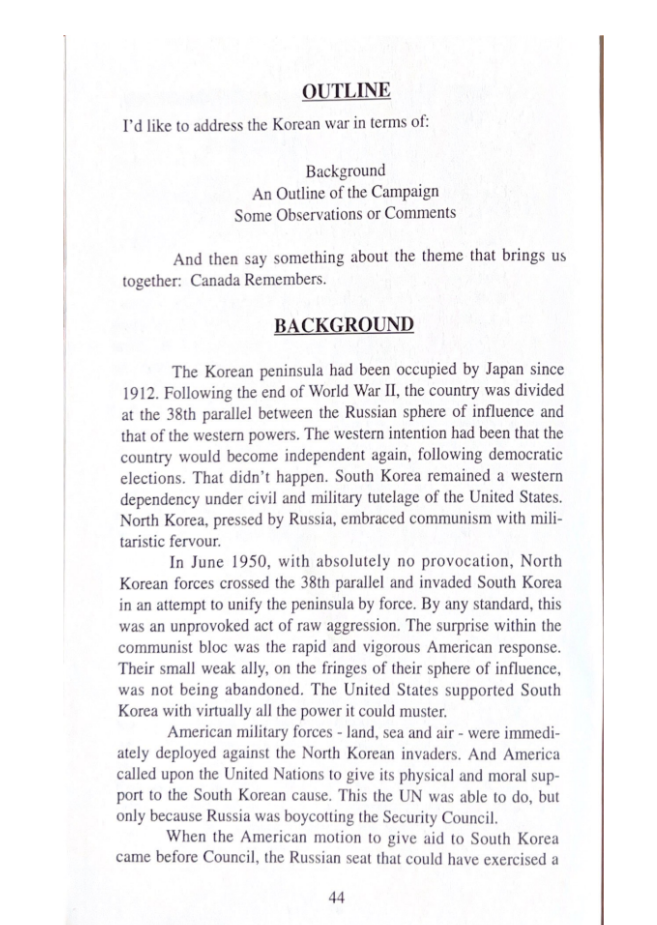
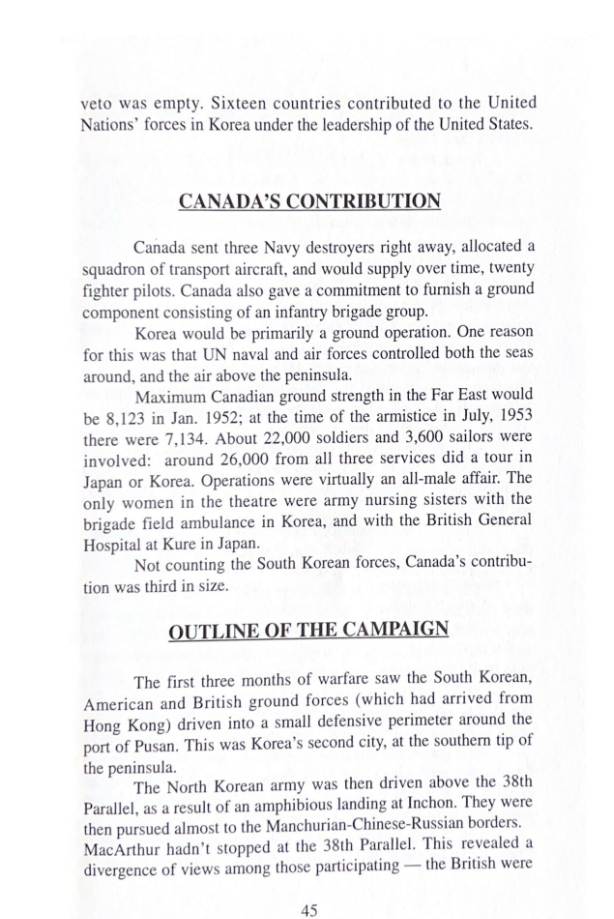
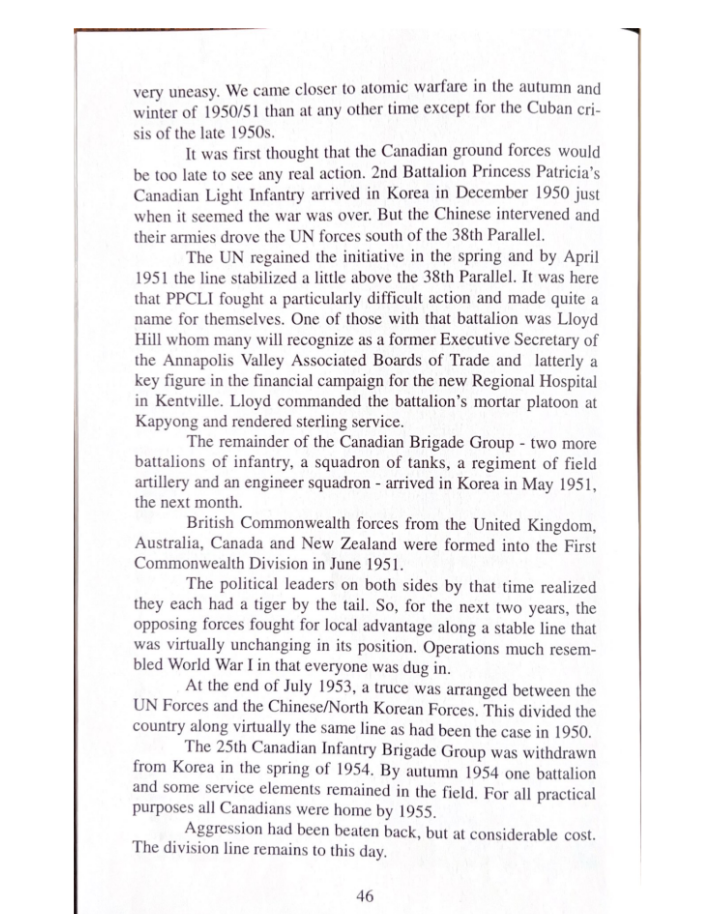
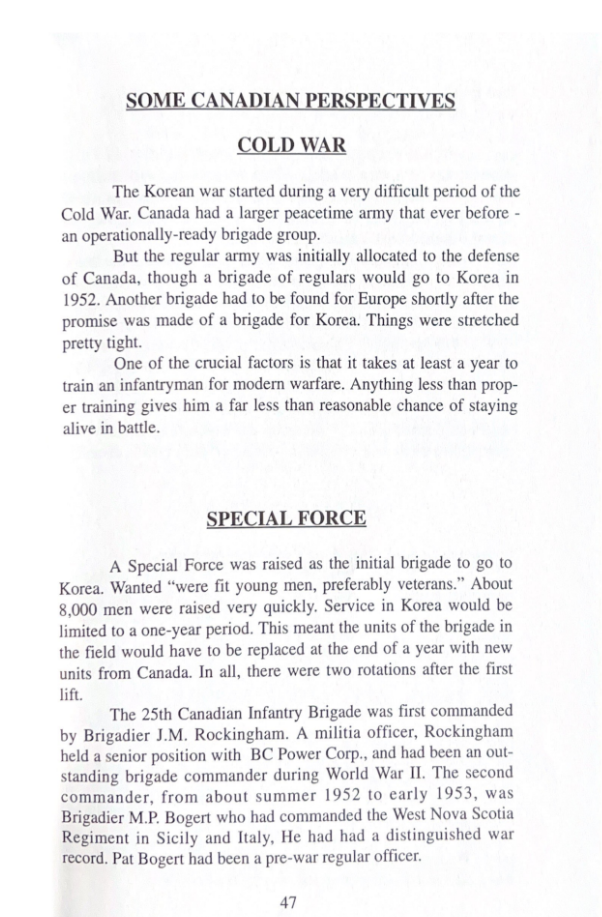
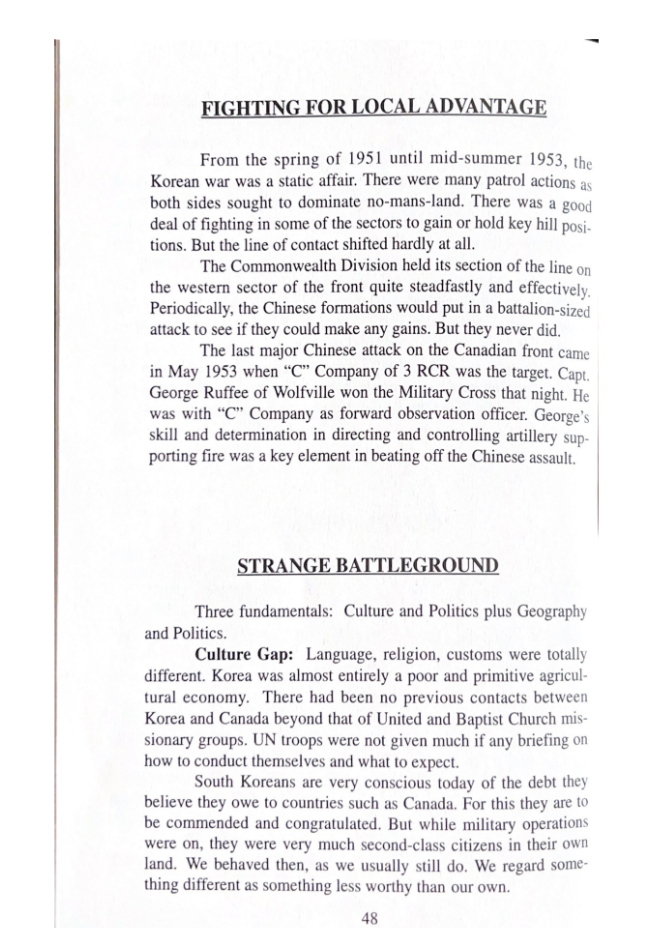

Comments
Likes 0
You must be a registered user to comment or like - please register to join us!